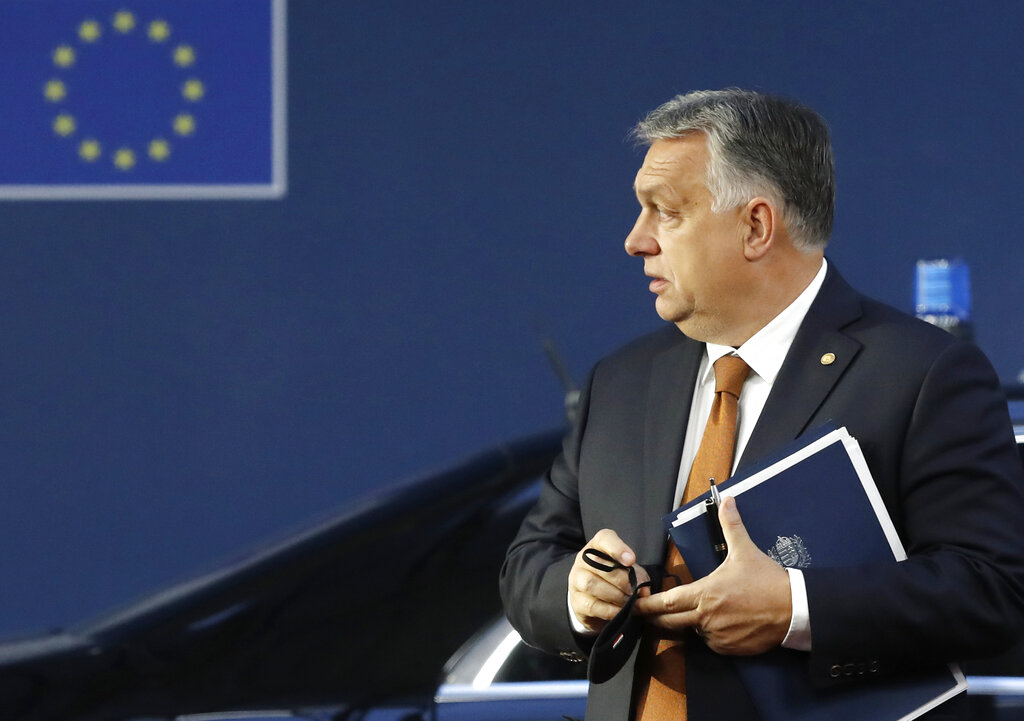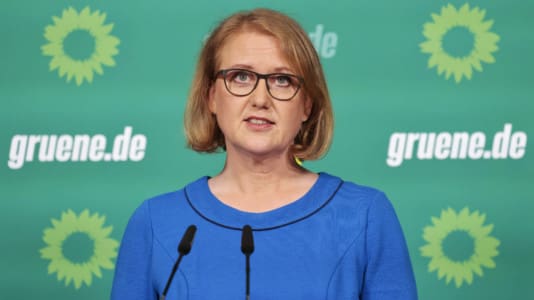Just as the heads of state and government were gathering in Brussels for a two-day summit to discuss a new set of sanctions against Russia, Hungary reiterated its position that it cannot stand behind the proposed sanctions in their current form.
Balázs Orbán, the political director for Hungarian Prime Minister Viktor Orbán, explained the sanctions go against an EU agreement from March on national sovereignty in determining a country’s energy mix.
“The heads of state or government agreed at the Versailles summit in March not to introduce EU sanctions on Russian energy sources, and measures to reduce energy dependency would take into account the different energy structures of countries and the sovereign right of individual member states to they determine their energy mix themselves,” Balázs Orbán said.
“The European Commission’s proposal for a sixth sanctions package contradicts this difficult European unity,” he added.
Balázs Orbán continued to explain that Hungary would not support the new proposed sanctions in their current form “because the commission’s proposal amounts to an atomic bomb” on the Hungarian economy.
“If adopted, they would immediately cause serious supply disruptions and undermine our vital energy security interests. Neither Hungarian households nor the Hungarian economy could bear the consequences,” he said, insisting the country would support the proposal as long as the new ban on Russian energy imports “is not paid for by Hungarian families and businesses.”
Balázs Orbán added that in order for the Hungarian government to approve the plans, Brussels must guarantee that pipeline oil arriving in Hungary will be exempted and ensure the expansion of the Adriatic pipeline, which would allow oil to be transported by sea in the event of a pipeline outage. This guarantee is particularly important in light of the threat made a few days ago that an adviser to the Ukrainian energy minister warned that anything could happen to the Friendship oil pipeline, through which Russian oil arrives in Hungary.
The Hungarian political director also revealed the government’s requirement that EU funding be made available for investments in transitional technologies and infrastructure, as Hungarian oil refineries, which are currently only able to refine Russian oil, should be converted. In addition, the production of nuclear and solar energy must be increased to cover the country’s energy needs.






